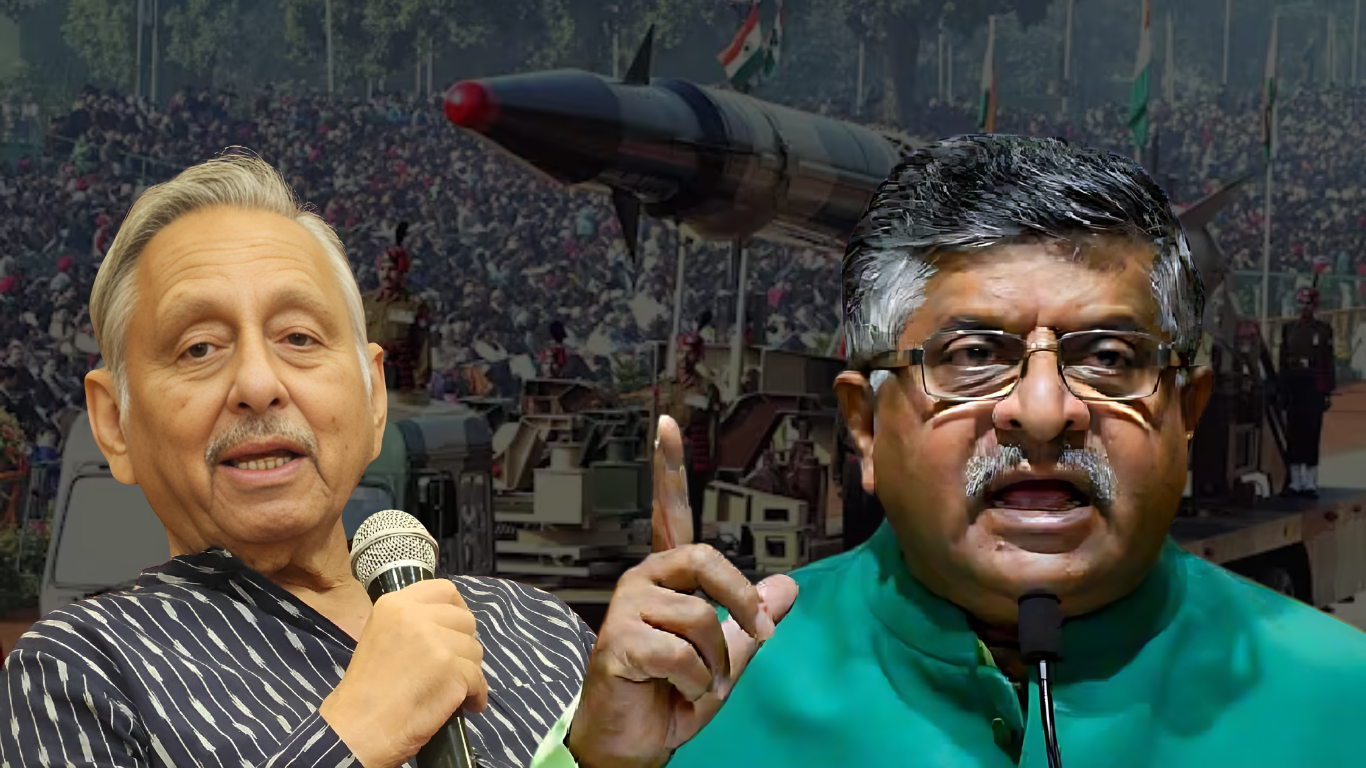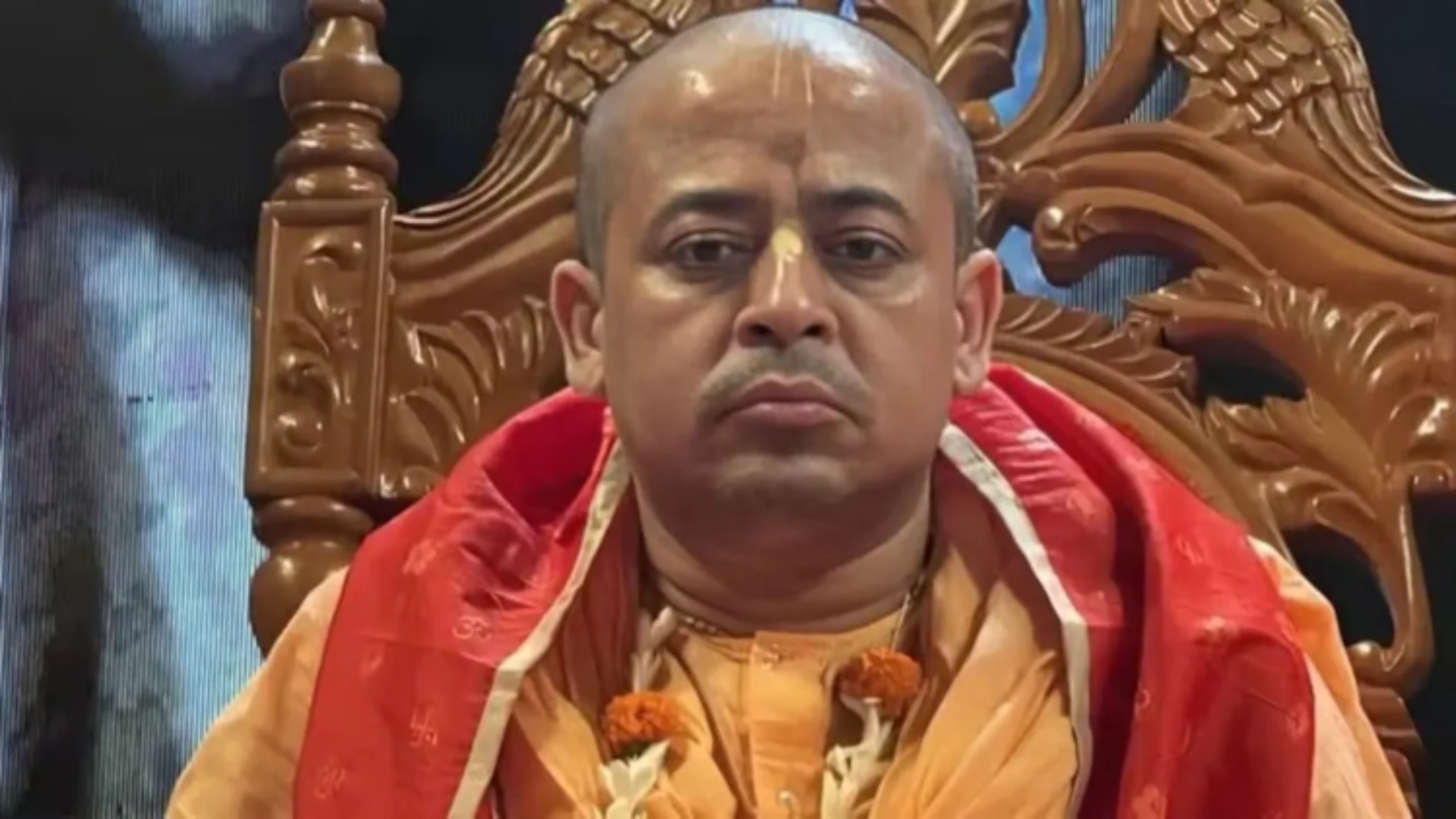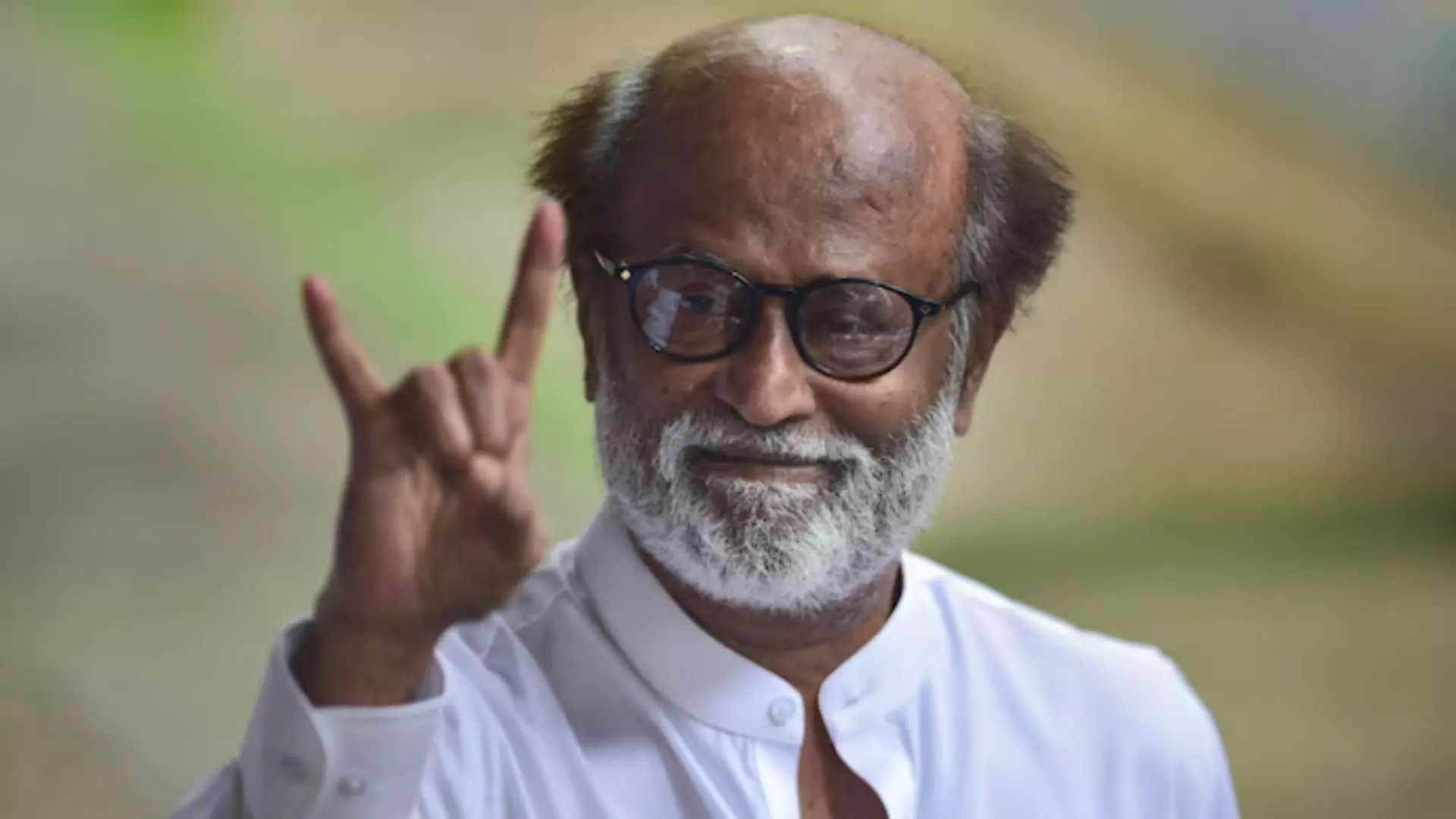After the resounding response to Congress being accused of appeasing Pakistan following Sam Pitroda’s racist statement directed at Indian faces, another controversy emerged with Mani Shankar Aiyar’s statement advocating respect for Pakistan due to their possession of nuclear weapons. This was followed by Adhir Ranjan Chowdhury indirectly agreeing with Sam Pitroda’s comment, which has prompted questions regarding the ideology of the Congress party.
In the BJP press conference addressing Mani Shankar Aiyar’s statement, the BJP raised concerns about the alignment of Congress’s ideologies with Pakistan.
The Press Conference
In the recent BJP press conference, held in response to Mani Shankar Aiyar’s remarks, the BJP raised pertinent questions regarding the alignment of Congress ideologies with those of Pakistan. The spotlight was cast on the unfolding narrative within the Congress party, particularly in light of recent events involving senior leaders.
The discourse was ignited by the racist comments attributed to senior Congress leader Sam Pitroda, which set the stage for further scrutiny. Subsequently, another prominent Congress figure, Mani Shankar Aiyar, entered the fray with his commentary. Aiyar’s assertion that India should regard Pakistan’s nuclear capabilities with fear and extend respect to the neighboring nation sparked controversy. While some perceive this stance as a calculated move to bolster Pakistan’s image, others interpret it as an earnest appeal for diplomatic engagement.
Nevertheless, it is imperative to recognize that India today represents a new paradigm, one characterized by resilience rather than apprehension. Yet, the remarks of Aiyar and Pitroda offer insights into the underlying ethos of Rahul Gandhi’s Congress party. It is with a sense of solemn responsibility that it is asserted that the Congress party, under Gandhi’s leadership, has assumed the role of an apologist for Pakistan and terrorism. Contrary to such implications, efforts are being made to disassociate from this narrative.
When Sam Pitroda was pressed for his perspective on the Pulwama terror incident, his response, suggesting a resigned acceptance of recurring acts of terror, raised eyebrows. This sentiment underscores a broader pattern within the Congress party, which warrants closer examination.
Further evidence of the Congress party’s approach towards Pakistan and terrorism emerged through recent incidents. Vijay Wadettiwar, a Congress leader from Maharashtra, propagated the notion that Kasab, one of the perpetrators of the 2008 Mumbai attacks, was not a terrorist. Additionally, he insinuated that Hemant Karkare, a slain police officer, met his demise at the hands of a fellow officer, absolving Kasab of culpability.
Moreover, the conspicuous support extended by Pakistan’s Foreign Minister towards Rahul Gandhi adds another layer to this narrative. Additionally, the Congress party’s backing of organizations like SDPI and PFI during elections in Kerala and Karnataka serves as a testament to their evolving stance.
In summation, the aforementioned instances collectively indicate a trend wherein the Congress party is perceived as appeasing Pakistan. However, it is imperative to engage in nuanced discourse to comprehensively understand the complexities underlying these dynamics.
BJP MP Ravi Shankar Prasad speaking to the media said, “Those who have fear in their heart, they keep talking about these things…”
#WATCH | On recent statement of Congress leader Mani Shankar Aiyar on Pakistan, BJP MP Ravi Shankar Prasad says, “Those who have fear in their heart, they keep talking about these things. Article 370 has been abrogated even when there were a lot of talks about the aftermath.… pic.twitter.com/hliht8rfks
— ANI (@ANI) May 10, 2024



















